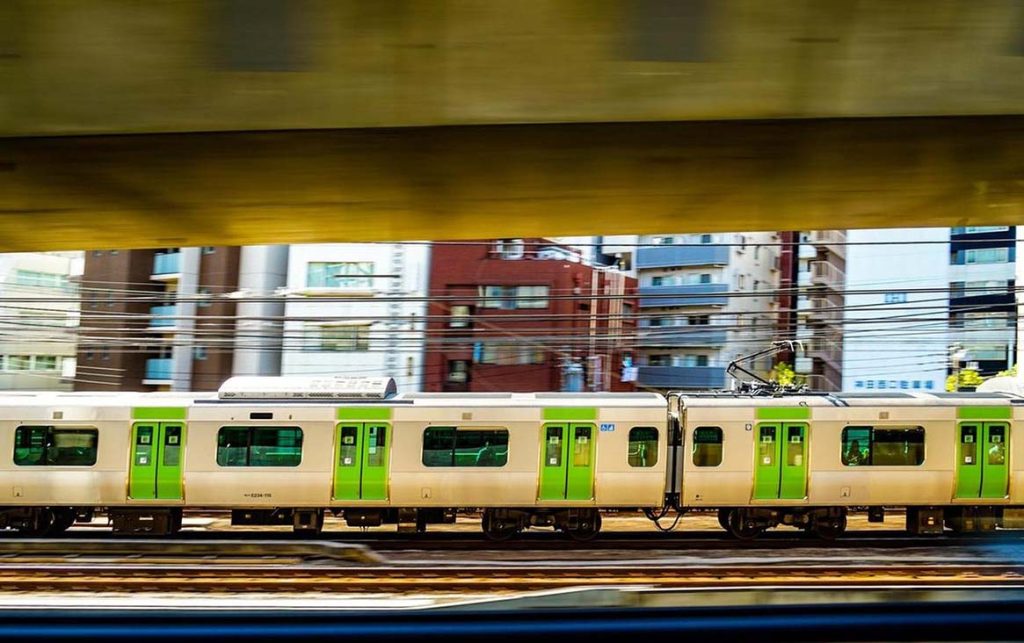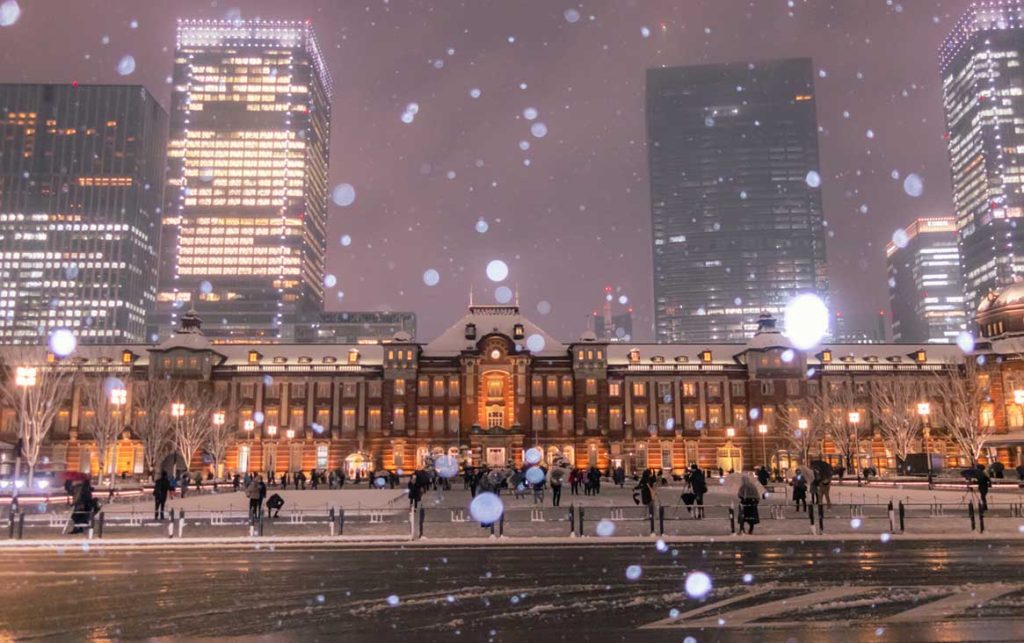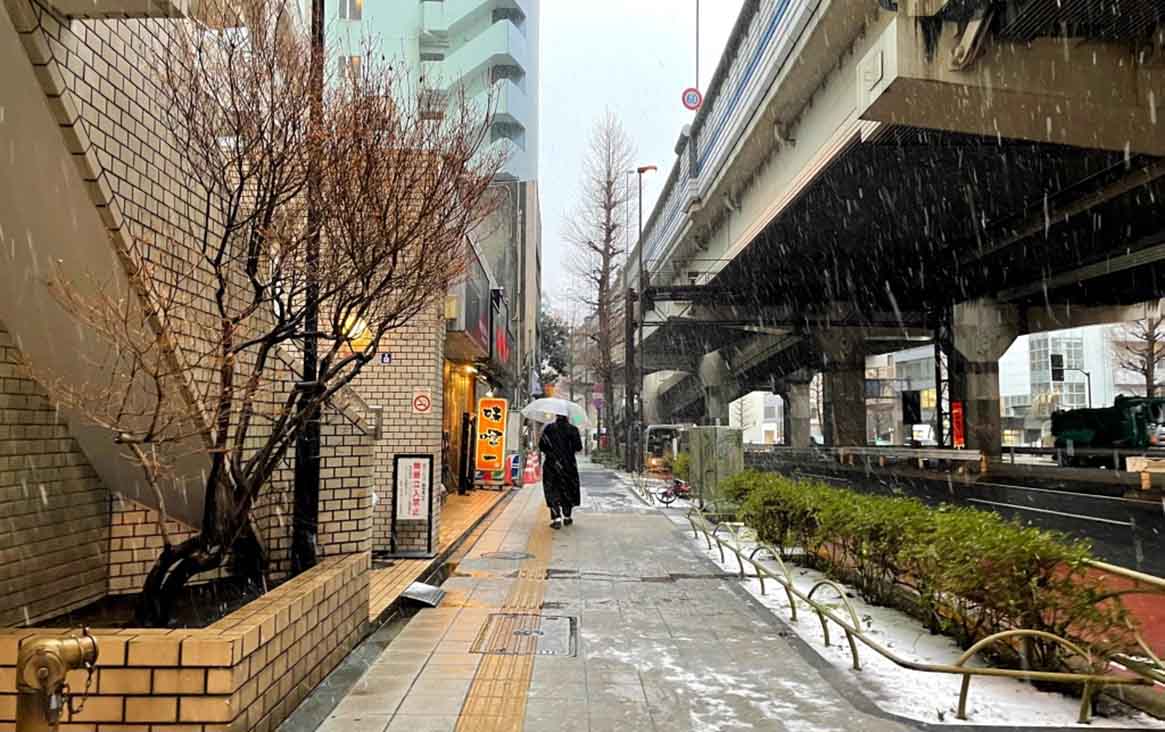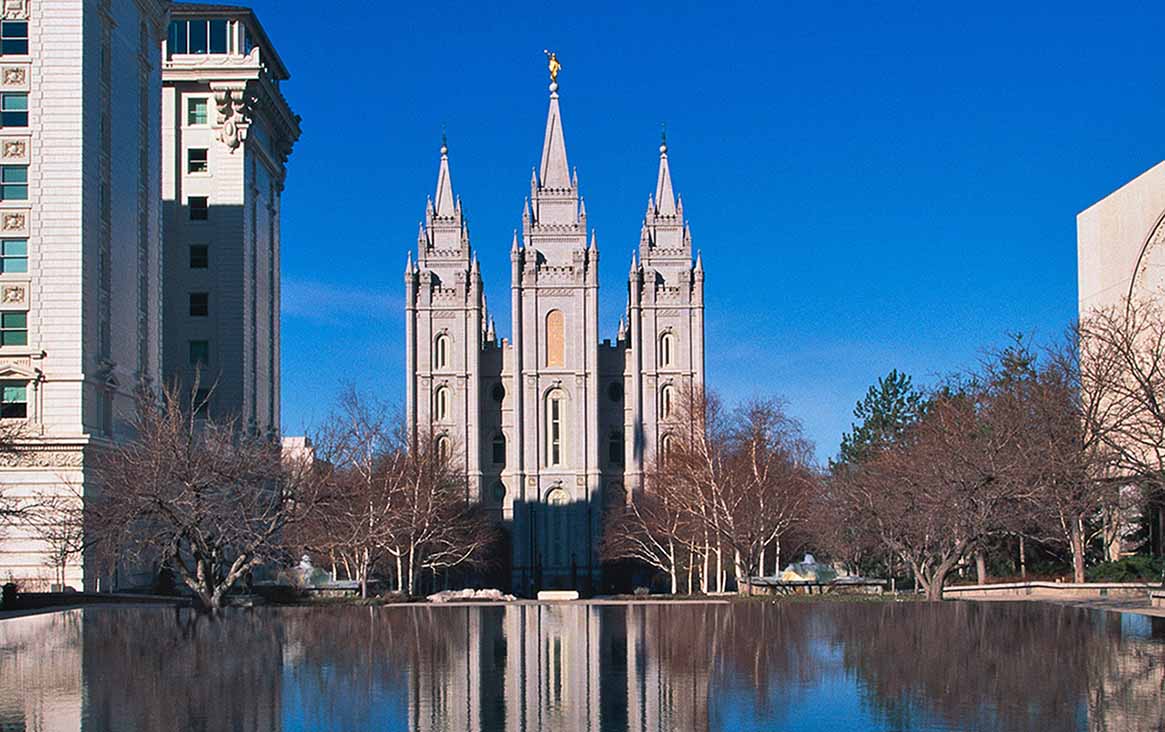Tokyo is a city that effortlessly blends the ultra-modern with the deeply traditional. From neon-lit streets and bustling shopping districts to serene temples and tranquil gardens, the Japanese capital offers something for every traveler. While it’s widely regarded as one of the safest major cities in the world, being well-prepared and aware of local customs can make your trip smoother, more enjoyable, and stress-free. This guide explores all aspects of safety and practical precautions every visitor should know before embarking on their Tokyo adventure.
1. General Safety in Tokyo
Tokyo consistently ranks among the safest cities globally due to low crime rates, efficient law enforcement, and strong social norms. Violent crime is rare, and petty crime, such as pickpocketing, is minimal compared to other large urban centers. That said, no city is entirely risk-free, and travelers should exercise standard precautions.
Key Tips:
- Keep valuables like passports, wallets, and electronics secure. Use a crossbody bag or a money belt.
- Avoid poorly lit or deserted areas late at night, even though Tokyo’s urban environment is generally safe.
- Always be mindful of your surroundings, particularly in crowded train stations or tourist hotspots.
2. Transportation Safety
Tokyo’s public transportation system is world-renowned for efficiency and punctuality, but it’s important to understand how to navigate it safely.
Trains and Subways
Tokyo’s metro and JR train networks are safe, clean, and reliable. However:
- During peak hours, trains can be extremely crowded. Keep your belongings close and be cautious of pickpockets, even though incidents are rare.
- Follow the etiquette rules, such as queuing properly and giving priority seating to the elderly, pregnant women, and those with disabilities.
- Avoid loud conversations or phone calls on trains.

Taxis and Ride-Hailing
- Taxis in Tokyo are safe, regulated, and generally very reliable.
- Make sure to enter from the rear passenger door, as front doors are typically automated.
- Cash and credit card payments are accepted, but confirm the fare system with the driver if unsure.
Walking and Cycling
- Sidewalks can be narrow, especially in older neighborhoods. Pay attention to pedestrians and cyclists.
- Bicycle theft is uncommon, but always lock your bike securely in designated areas.
3. Emergency Services
Tokyo’s emergency services are highly efficient and responsive. Familiarizing yourself with contact numbers can be crucial in case of emergencies:
- Police: Dial 110 for any criminal or emergency situations.
- Ambulance & Fire: Dial 119 for medical emergencies or fires.
- Tourist Information & Assistance: Many major stations and tourist areas have English-speaking staff and tourist police for assistance.
It’s also wise to carry the contact information of your country’s embassy or consulate.
4. Natural Disasters Preparedness
Japan is prone to earthquakes, typhoons, and occasional heavy rainfall. Tokyo, being a major metropolitan area, has robust disaster preparedness systems, but travelers should still be cautious:
Earthquakes
- Buildings in Tokyo are earthquake-resistant, but tremors can still occur.
- Familiarize yourself with evacuation routes and assembly points, often indicated in hotels and public buildings.
- In case of a sudden quake: Drop, Cover, and Hold On. Avoid using elevators.
Typhoons and Heavy Rain
- Check weather forecasts regularly.
- Avoid outdoor activities during heavy rain or strong winds.
- Some train services may be suspended during extreme weather, so allow extra travel time.
Winter Precautions
- January temperatures can be cold, particularly in the mornings and evenings. Dress in layers, wear warm clothing, and keep an umbrella or raincoat handy for unexpected precipitation.
5. Health and Hygiene
Tokyo has excellent healthcare facilities and high standards of cleanliness, but travelers should still take basic health precautions.
Food and Water Safety
- Tap water in Tokyo is safe to drink.
- Street food is generally safe but ensure food is cooked thoroughly.
- Eating raw seafood or sushi is common; stick to reputable restaurants to avoid foodborne illnesses.
Medical Services
- Pharmacies are widely available, and many have English-speaking staff.
- Health insurance is essential. Travel insurance covering medical emergencies is strongly recommended.
- Carry any necessary prescription medications in their original packaging.
Cold and Flu Season
- In winter months, it’s common for people to wear masks to prevent illness. Following this practice can help you avoid catching seasonal colds.
- Keep hand sanitizer and tissues handy, as public restrooms may not always provide these amenities.
6. Personal Security
While Tokyo is safe, a few personal security measures can enhance your peace of mind:
Pickpocketing and Theft
- Incidents are rare but not impossible, especially in crowded areas like Shibuya Crossing, train stations, and tourist attractions.
- Keep wallets in zipped compartments, and avoid leaving bags unattended.
- Use hotel safes for passports, extra cash, and electronics.
Scams and Fraud
- Tokyo is generally free of scams targeting tourists, but common sense applies:
- Avoid unlicensed tour guides or unofficial “ticket sellers.”
- Be cautious with street solicitations and unsolicited offers.
Nightlife Precautions
- Areas such as Roppongi and Shinjuku are lively at night. While generally safe, excessive alcohol consumption can impair judgment.
- Stick to well-known establishments, and consider going in groups if exploring nightlife.
7. Cultural Etiquette and Respect
Respecting local customs is an essential part of traveling safely in Tokyo. Japanese society values politeness, orderliness, and consideration for others.
Public Behavior
- Avoid speaking loudly or making phone calls on public transport.
- Refrain from eating while walking in public areas.
- Always queue and follow instructions, whether at train stations or tourist attractions.
Interactions with Locals
- Politeness goes a long way. Bowing slightly when greeting or thanking someone is appreciated.
- Avoid pointing, raising your voice, or making aggressive gestures.
Cash and Payments
- While many places accept cards, cash is often preferred, particularly in smaller shops or temples.
- Be discreet when handling cash and avoid carrying large amounts at once.
8. Accommodation Safety
Choosing safe and reputable accommodation is key to a worry-free trip.
- Check reviews on trusted travel platforms before booking.
- Confirm that the hotel has emergency procedures and staff who can assist in English if needed.
- Lock doors and windows when leaving your room.
- Avoid staying in extremely isolated areas if traveling alone.
9. Technology and Connectivity
Staying connected can enhance safety during your trip.
Mobile Phones
- Rent a pocket Wi-Fi or local SIM card for reliable internet access.
- Use map apps and public transport apps to avoid getting lost.
Emergency Apps
- Download official apps for earthquakes and severe weather alerts.
- Google Maps and other navigation apps are reliable for public transport and walking directions.
Online Safety
- Avoid connecting to unsecured public Wi-Fi networks for sensitive transactions.
- Use VPNs when accessing personal accounts, banking, or work-related data.
10. Special Considerations for Solo Travelers
Tokyo is particularly friendly to solo travelers, but taking a few extra precautions is wise:
- Share your itinerary with a friend or family member.
- Stay in well-reviewed accommodation near transportation hubs.
- Avoid poorly lit streets late at night and consider using taxis for late-night travel.
- Engage with locals respectfully, and don’t hesitate to ask for directions or help if needed.
11. Travel Insurance
Even in one of the world’s safest cities, travel insurance is a must:
- Covers medical emergencies, trip cancellations, lost luggage, and accidents.
- Choose a plan that includes coverage for winter sports if planning skiing or snowboarding nearby.
- Keep a copy of the policy and emergency contacts accessible both digitally and on paper.
12. Special Tips for Winter Travelers
While Tokyo’s winters are relatively mild compared to northern Japan, certain precautions can help:
- Dress in layers, including a warm coat, scarf, gloves, and hat.
- Footwear with good grip is recommended in case of icy patches.
- Take care when crossing streets after rain or frost, as some surfaces can become slippery.
- Keep hydrated and maintain balanced nutrition, as cold weather can affect energy levels.

13. Common Travel Pitfalls and How to Avoid Them
Overpacking
- Tokyo’s public transport can be crowded. Travel light for easier navigation.
Language Barrier
- While English is commonly understood in tourist areas, downloading translation apps can ease communication.
Overreliance on Credit Cards
- Cash is sometimes necessary for small vendors or temples. Carry a modest amount of yen for convenience.
Misjudging Travel Times
- Train delays are rare, but check schedules carefully, especially if transferring lines or traveling early in the morning or late at night.
Tokyo is a city where tradition and modernity coexist seamlessly, creating a unique urban landscape that appeals to every type of traveler. Its renowned safety, exceptional cleanliness, and highly efficient infrastructure make it an ideal destination for individuals, families, and solo adventurers alike. Despite its inherent security, taking basic precautions can significantly enhance your overall experience. Familiarizing yourself with transportation options, emergency contacts, and local safety practices helps ensure smooth navigation throughout the city. Equally important is respecting cultural norms, such as public etiquette, temple customs, and polite interactions, which not only fosters positive experiences but also shows appreciation for Japanese culture. Preparing for seasonal weather, particularly during cooler months, adds another layer of comfort and safety. Travelers who plan ahead, remain aware of their surroundings, and embrace local customs will discover that Tokyo offers both excitement and tranquility. From exploring historic temples and indulging in diverse culinary delights to navigating bustling shopping districts, peace of mind allows visitors to fully enjoy the city’s countless wonders.


